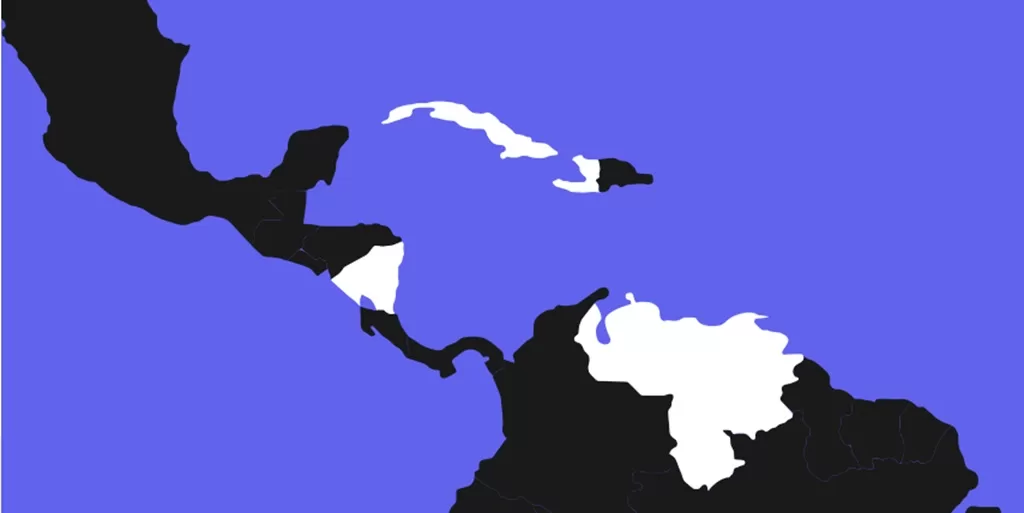Quick Bytes
- Texas federal court dismisses challenge to CHNV parole program for certain nationals.
- CHNV program allows 30,000 Cubans, Haitians, Nicaraguans, and Venezuelans to enter the U.S. monthly.
- Program aims to reduce border crossings and requires applicants to have U.S. sponsors.
- Court ruling permits continuation of the humanitarian parole process for the four nations.
Summary of the CHNV Parole Program Court Decision
A federal court in Texas has upheld the Biden administration’s CHNV parole program, which facilitates legal entry for 30,000 individuals from Cuba, Haiti, Nicaragua, and Venezuela each month. The program, initiated in January 2023, offers a two-year humanitarian parole to applicants with U.S. sponsors and requires background checks via the CBP One mobile app.
The lawsuit, led by Texas and joined by 20 other states, argued that the program imposed financial burdens on the states. However, the court found that Texas lacked standing, as the program had not caused harm but rather reduced the number of border crossings.
Despite challenges, such as accessibility issues with the CBP One app, the program stands as a critical pathway for those fleeing political crises in their home countries. The court’s decision allows the program to continue, providing relief to many and enabling family reunification.
While the program’s legality was not addressed, the ruling is significant for the immediate future of the CHNV program. The Biden administration is now tasked with ensuring the application process is fair and accessible to all eligible individuals.



